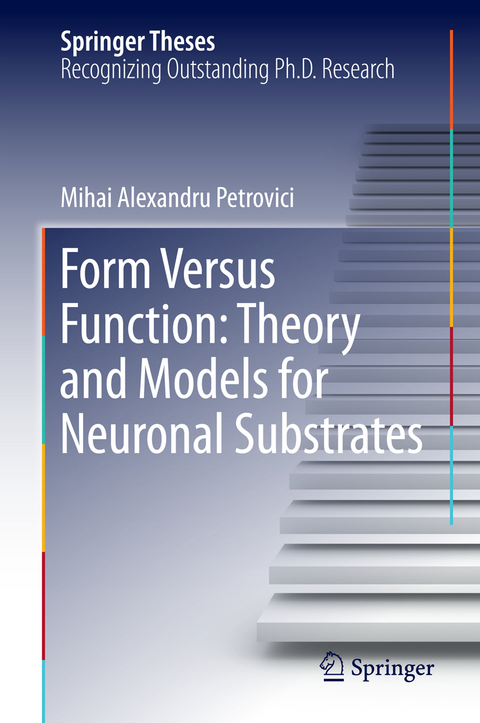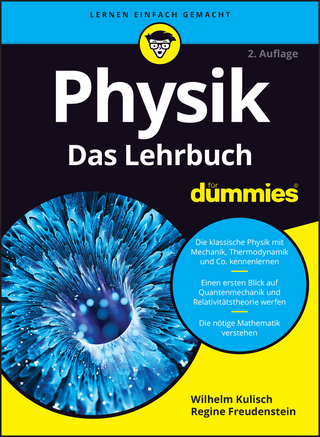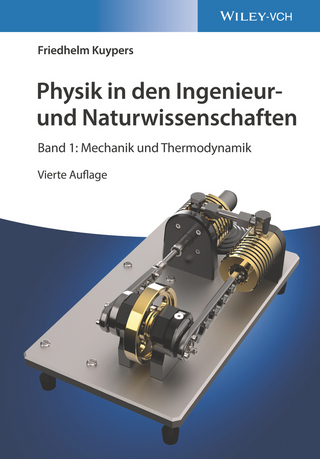
Form Versus Function: Theory and Models for Neuronal Substrates
Springer International Publishing (Verlag)
978-3-319-39551-7 (ISBN)
Mihai Petrovici started studying Physics at the University of Heidelberg in 2001. During his early undergraduate days, he worked on particle tracking for the ALICE experiment at CERN. For his diploma thesis, he moved to solid state physics, where he studied glasses at low temperatures. He began his PhD in 2008 in the Electronic Vision(s) group of Karlheinz Meier and Johannes Schemmel, where he worked at the interface of theoretical neuroscience and neuromorphic computing, earning his doctorate with summa cum laude in 2015. During this time, he established a theoretical department within the Vision(s) group, which he is currently leading.
Prologue.- Introduction: From Biological Experiments to Mathematical Models.- Artificial Brains: Simulation and Emulation of Neural Networks.- Dynamics and Statistics of Poisson-Driven LIF Neurons.- Cortical Models on Neuromorphic Hardware.- Probabilistic Inference in Neural Networks.- Epilogue.
| Erscheinungsdatum | 08.10.2016 |
|---|---|
| Reihe/Serie | Springer Theses |
| Zusatzinfo | XXVI, 374 p. 150 illus., 101 illus. in color. |
| Verlagsort | Cham |
| Sprache | englisch |
| Maße | 155 x 235 mm |
| Themenwelt | Naturwissenschaften ► Physik / Astronomie ► Allgemeines / Lexika |
| Naturwissenschaften ► Physik / Astronomie ► Theoretische Physik | |
| Schlagworte | Abstract Spiking Neuron Models • Bayesian inference • Computational Neuroscience • Deep Learning Architectures • Mathematical Models of Cognitive Processes and Neu • Neural Network Theory • Neural Sampling • Neurobiology • Neuromorphic Hardware • neuronal dynamics • Neurosciences • Numerical and Computational Physics • Physics and Astronomy • Simulation and modeling • Spike and Rate Codes • Theoretical Neuroscience |
| ISBN-10 | 3-319-39551-3 / 3319395513 |
| ISBN-13 | 978-3-319-39551-7 / 9783319395517 |
| Zustand | Neuware |
| Informationen gemäß Produktsicherheitsverordnung (GPSR) | |
| Haben Sie eine Frage zum Produkt? |
aus dem Bereich


